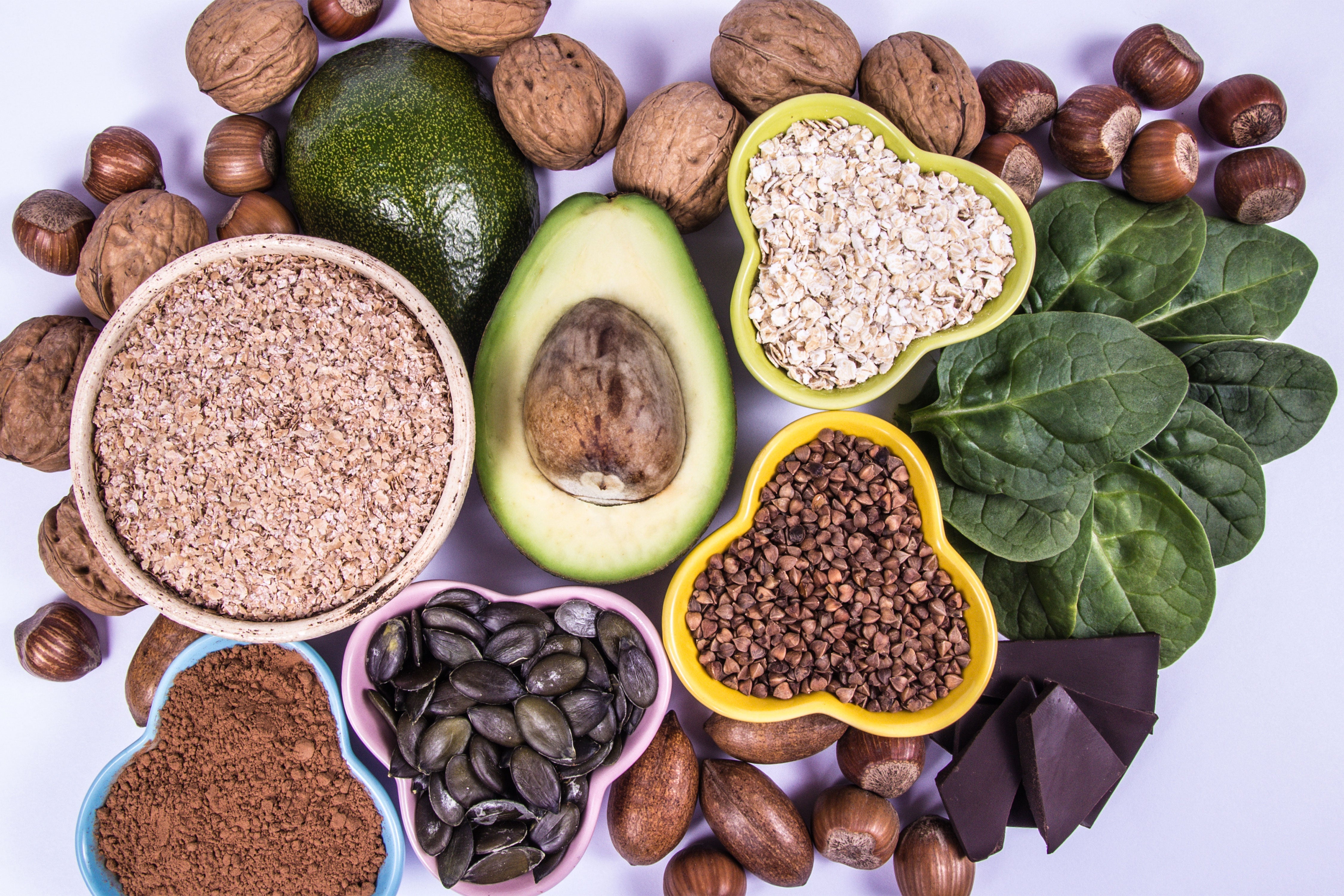Water, the important substance in life, plays a crucial role in maintaining our well-being. Its benefits extend far beyond quenching our thirst. From promoting digestion to enhancing athletic performance, adequate hydration is essential for optimal bodily functions. In this article, we will delve into the various ways water positively impacts our health and explore practical tips for staying properly hydrated.
Maintains Body Fluids:
Water serves as a regulatory agent, maintaining body temperature, transporting essential nutrients and oxygen to cells, and aiding in the removal of waste products. By staying hydrated, we support the intricate balance of bodily fluids necessary for overall health.
Improves Brain Function:
Research suggests that staying hydrated can boost cognitive function. Adequate water intake positively influences memory, attention, and mood. By keeping the brain hydrated, we empower our mental faculties to perform optimally.
Aids Digestion:
Water plays a vital role in the digestive process. It assists in breaking down food and ensures smooth movement through the digestive tract, preventing uncomfortable conditions like constipation. Adequate hydration promotes efficient digestion and keeps our digestive system running smoothly.
Promotes Weight Loss:
Drinking water before meals can help in weight management efforts. By consuming water prior to eating, one may experience reduced appetite, leading to lower calorie intake. This simple habit can potentially support weight loss endeavors.
Supports Joint Health:
Proper hydration is crucial for maintaining healthy joints. Water acts as a cushion and lubricant, reducing the risk of joint injuries and improving mobility. By staying hydrated, we promote joint health and reduce the likelihood of discomfort or injury.
Boosts Skin Health:
Hydration is essential for healthy, radiant skin. Proper water intake improves skin elasticity, reducing the appearance of wrinkles, dryness, and acne. By nourishing our skin from within, we can achieve a vibrant and youthful complexion.
Enhances Athletic Performance:
Athletes and fitness enthusiasts know the importance of hydration for peak performance. Optimal fluid balance supports endurance, strength, and power during physical activity. Staying hydrated allows the body to maintain optimal function, aiding athletes in achieving their goals.
Prevents Headaches:
Dehydration can be a trigger for headaches and migraines. By staying hydrated, we can help prevent these uncomfortable symptoms. Keeping our fluid levels in check contributes to overall well-being and reduces the likelihood of dehydration-induced headaches.
Reduces the Risk of Kidney Stones:
Adequate water intake helps in the prevention of kidney stones. Sufficient hydration helps to dilute urine and lowers the chances of mineral buildup in the kidneys. By drinking enough water, we support our kidney health and reduce the risk of developing painful kidney stones.
Supports Overall Health:
Staying hydrated is a fundamental aspect of overall health and well-being. It aids in maintaining proper bodily functions, preventing dehydration-related health issues, and ensuring the efficient operation of our body systems. By prioritizing hydration, we make a positive impact on our long-term health.
Conclusion: Water, as a vital component of our lives, offers numerous benefits that extend beyond mere hydration. From supporting digestion and joint health to enhancing brain function and athletic performance, its role in our well-being is undeniable. By incorporating mindful hydration practices into our daily lives, we can reap the benefits of optimal hydration and improve our overall health and vitality. Remember to drink enough water, choose hydrating foods, limit caffeine and alcohol intake, and listen to your body's signals of thirst. Let us embrace the power of hydration and elevate our well-being.
References:
1. Popkin, B. M., D'Anci, K. E., & Rosenberg, I. H. (2010). Water, hydration, and health. Nutrition reviews, 68(8), 439-458.
2. Armstrong, L. E., Ganio, M. S., Casa, D. J., Lee, E. C., McDermott, B. P., Klau, J. F., ... & Maresh, C. M. (2012). Mild dehydration affects mood in healthy young women. The Journal of nutrition, 142(2), 382-388.
3. Sawka, M. N., Burke, L. M., Eichner, E. R., Maughan, R. J., Montain, S. J., & Stachenfeld, N. S. (2007). American College of Sports Medicine position stand. Exercise and fluid replacement. Medicine and science in sports and exercise, 39(2), 377-390.



Leave a comment
All comments are moderated before being published.
This site is protected by hCaptcha and the hCaptcha Privacy Policy and Terms of Service apply.